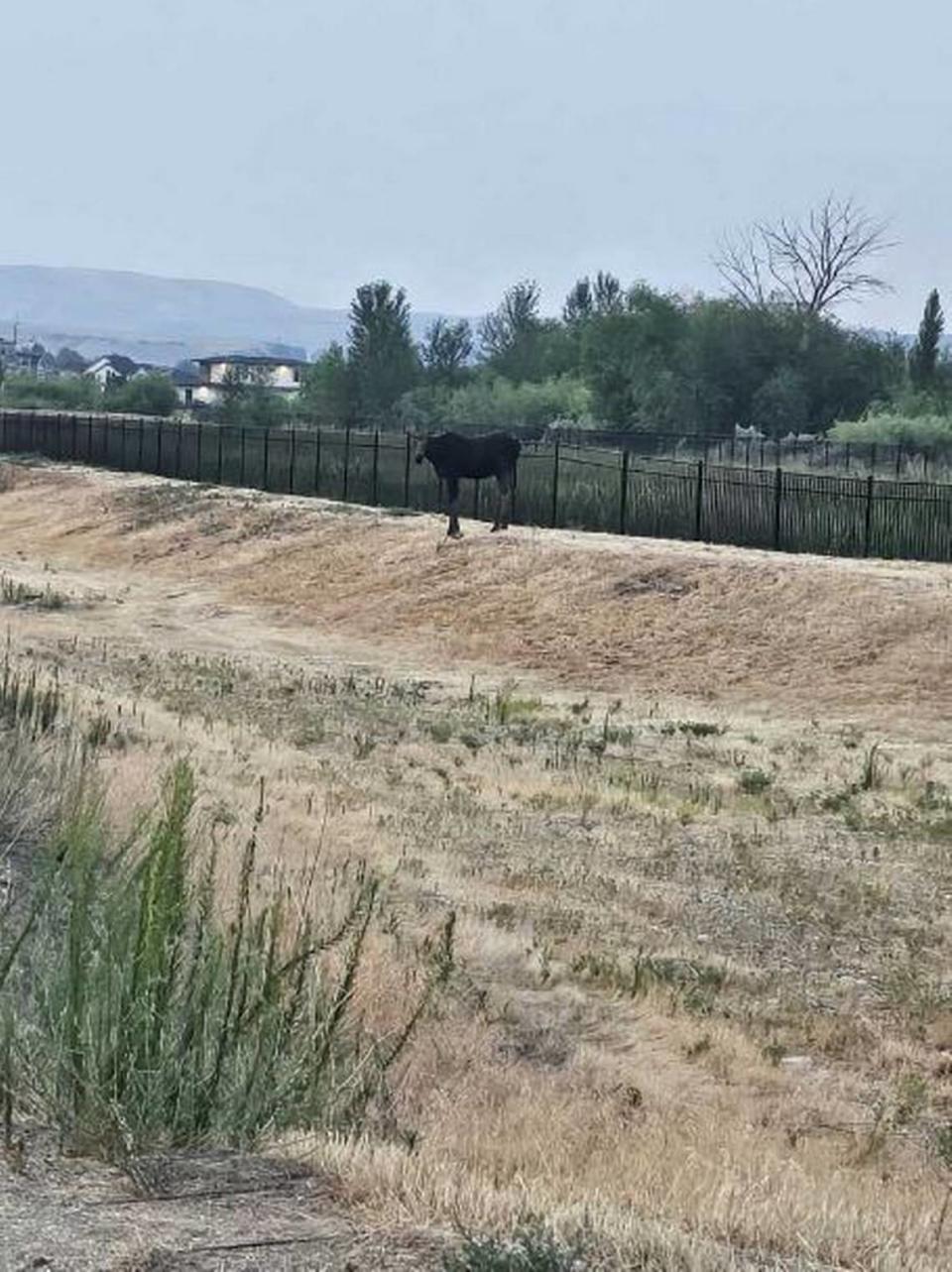NAMPA – Nampa Police are investigating a homicide after responding early Saturday morning to 911 calls of shots heard in the 2000 block of Fifth Street North, according to a news release.
Nampa Dispatch received the first calls at 12:59 a.m., and additional callers reported two people were possibly shot. When Nampa Police officers arrived on scene, an adult female and an adult male were located with apparent gunshot wounds.
The female victim was transported to a local hospital and is expected to survive. The male victim was pronounced deceased at the scene.
This incident is believed to be an isolated event. At this point in the investigation, police do not have any suspect information to release, but the incident is believed to be gang related. Anyone who may have been a witness or who has information related to this case is asked to contact Crime Stoppers at 208-343-COPS or 343.cops.com where you can remain anonymous and possibly earn a reward.

































